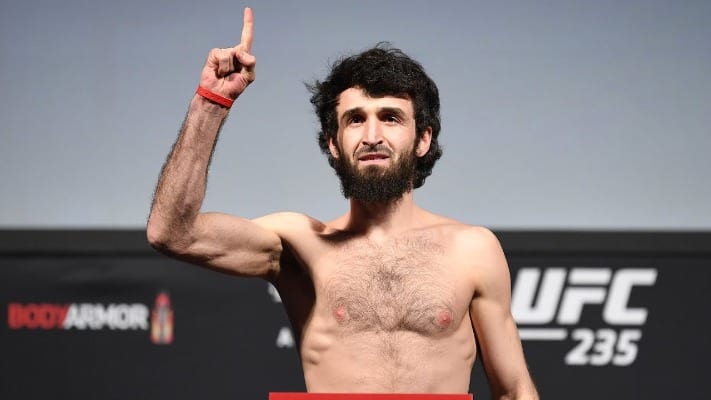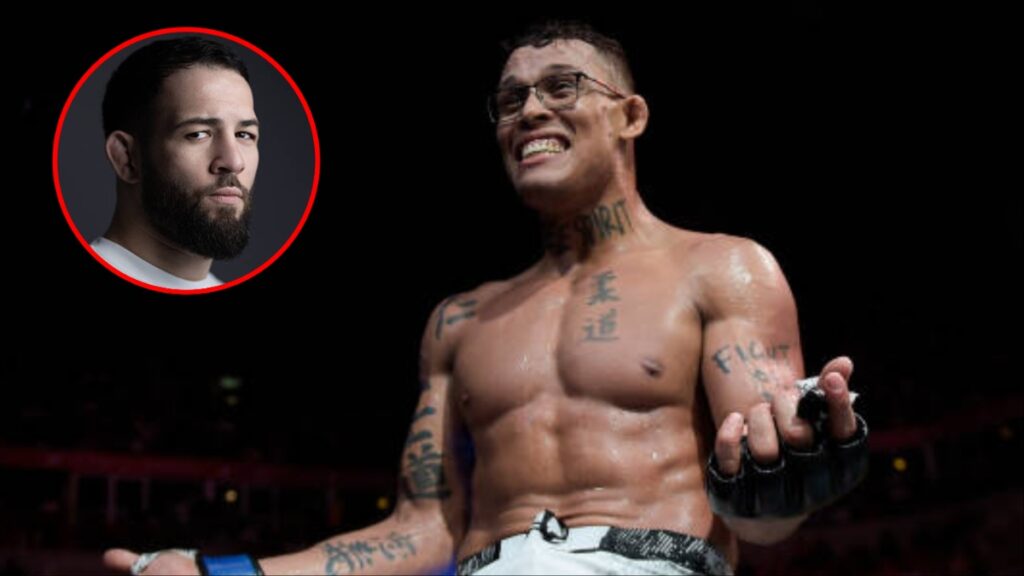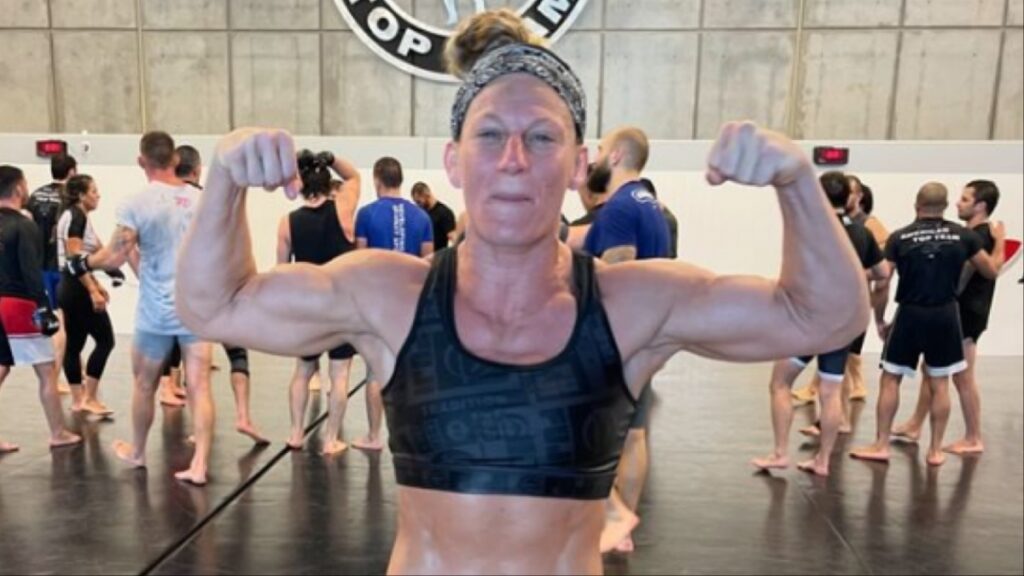Study Raises Concerns Over Weight Cutting In MMA

Research from Dublin City University (DCU) has raised concerns over the practice of weight cutting in mixed martial arts (MMA) among other combat sports.
Weight cutting has been a major topic in the sport with many calls for it to be abolished altogether after seeing fighters regularly drain themselves to make their division’s respective limits.
And the research from DCU — led by Dr Brendan Egan, David Nolan and John Connor from the School of Health and Human Performance — issued concerns over the practice being influenced by coaches and fellow athletes rather than medical and health professionals such as dietitians.
Egan added that there is scope to improve the quality of information provided to athletes who undergo rapid weight loss practices:
“Rapid weight loss practices have been around for a long time in these sports, and as long as there are weight categories, athletes will look to gain a competitive advantage using these practices,” Egan said. “It is important to understand which methods are being used, and how widely they are being used, and in turn understand which individuals are most influential in providing information to athletes about these practices.
“Clearly there is scope to improve the quality of information provided to athletes across a range of sports, but there is also a lot more research needed on the effectiveness and safety of the methods presently being used.”
That’s not to say all MMA fighters don’t use medical professionals to help with weight cutting. After all, Jose Aldo used the help of a nutritionist to help make the seemingly unlikely cut to 135 late last year.
However, it would certainly help if more fighters used medical and health professionals as guides rather than their peers.
What do you think of the concerns from the research?






